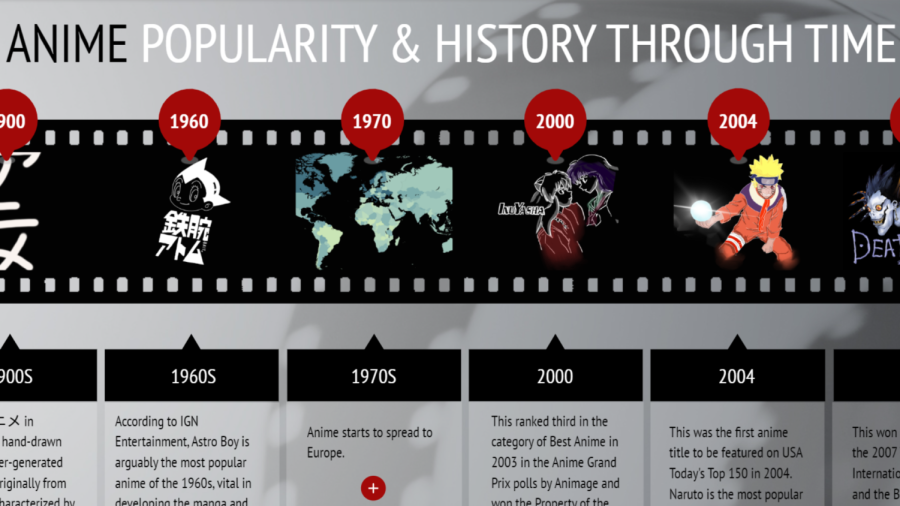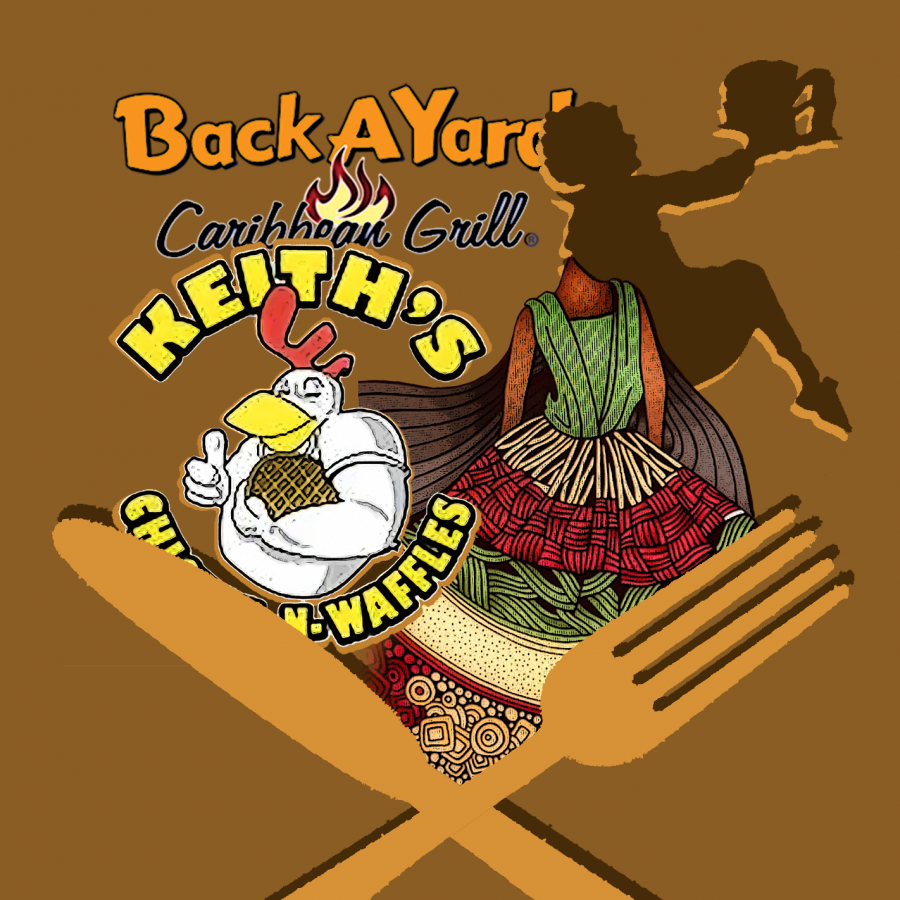The competitive and selective college admissions process has caused many students to feel anxiety, stress and worry about creating the perfect resume for their college application.
Creating a new club at school, volunteering at food banks, taking college preparation summer courses and an abundant amount of Advanced Placement (AP) or Advanced Standing (AS) classes for a 5.0 Grade Point Average (GPA) to impress has been a common activity in selective college admissions.
“One of my groups of friends join every camp, learn at least one instrument, and ‘volunteer’ every possible opportunity, not out of passion, but for the sake of college,” said senior Masaya Takahashi.
To most students, one of the most important pieces of the college application is their transcript. The course selection reveals the student’s academic drive and how well they handled the heavy academic schedule.
However, because each advanced course offers five points compared to four in a regular course, some students have found themselves taking between four to six AP/AS courses for the weighted 5.0 GPA on their transcript.
“GPA is such an important factor when it comes to getting into college. It’s vital for me at least to keep up my GPA so that I am a fair competitor for college admissions,” affirmed junior Leesan Kwok.
Similarly, Yale University states that, “The single most important document in your application is the student’s high school transcript. We look for students who have successfully and consistently taken a broad range of challenging courses in high school.”
Additionally, Yale questions students, “Are you choosing a particular course because you are truly excited about it and the challenge it presents, or are you also motivated by a desire?”
Grades are not the only factor in college admissions. Due to the competition, students have pushed themselves even further, such as taking on leadership roles and volunteer activities to create the ‘ideal’ resume.
“The colleges look for more than just 4.0s [unweighted GPA], such as community service and leadership. One has to meet this minimum criteria in order to be in the competitive pool of students,” added Takahashi.
Extracurricular activities allow students to reveal their leadership skills, gain experience in a variety of areas that will enhance their future and reveal hidden interests to colleges.
Shelby Wallace, Director of Admissions at Norwich University states, “Many colleges look to see that students are involved outside the classroom to show that they are well-rounded.”
Although extracurriculars reveal to colleges a well-rounded and passionate student, others have found their peers’ overextend themselves by taking on too many activities or committees in an organization and engage in extracurricular activities just to pad their college resume.
“Some people are absolutely committed to their clubs while others only take up the position to make their resume look better. Students should not design their high school experience only to look good for a college. I don’t think colleges like to see a bunch of random ‘stuff’ that you do only to put on your application,” stated Kwok.
In addition to an abundant amount of extracurriculars and advanced placement courses, many students have found their parents paying thousands of dollars for SAT/ACT preparation courses from Kaplan, Princeton Review and Ivymax to help students earn a perfect score of 2400.
These companies also offer personal college counselors, costing between $10,000 to $30,000, who help students throughout their high school career with their application to create the ‘perfect’ resume and fulfill their dreams of acceptance into notable and prestigious universities, such as Harvard, Stanford or Columbia.
Although test preparation companies have shown proven results and improved test scores among a variety of students, some have found no advantage taking these courses.
“I took a five week SAT preparation course in the summer before my senior year. The course didn’t help me much-I recommend taking practice tests. Some people do very well without studying much or at all and get into great colleges,” commented senior Lauren Bruguera.
Stellar grades, high test scores and long lists of extracurricular activities may be appealing to colleges; however, some are mistaken that that these factors automatically guarantee acceptance to the college of their choice.
According to Harvard University, “There is no formula for gaining admission to Harvard. Many are ‘well rounded’ and have contributed in various ways to the lives of their schools. Others bring perspectives formed by unusual personal circumstances or experiences. We seek people with enthusiasm, creativity and strength of character.”
Likewise, Bruguera noted that students should take or engage in activities based on their interests and consider applying colleges that best fit their interests, career goals instead of its national ranking and prestigious name.
“There are so many schools that offer a fantastic college experience, educationally and otherwise. It’s not all about getting into the ‘best’ school, but what you make of the overall college experience. It’s important to ask yourself what you want, not what you think the colleges wants out of you.”
Excellent grades and extracurriculars are some factors of potential acceptance into prestigious colleges and universities, but one’s passion, interests, and personality are the main factors that will stand out and be noticed by the college acceptance board.







